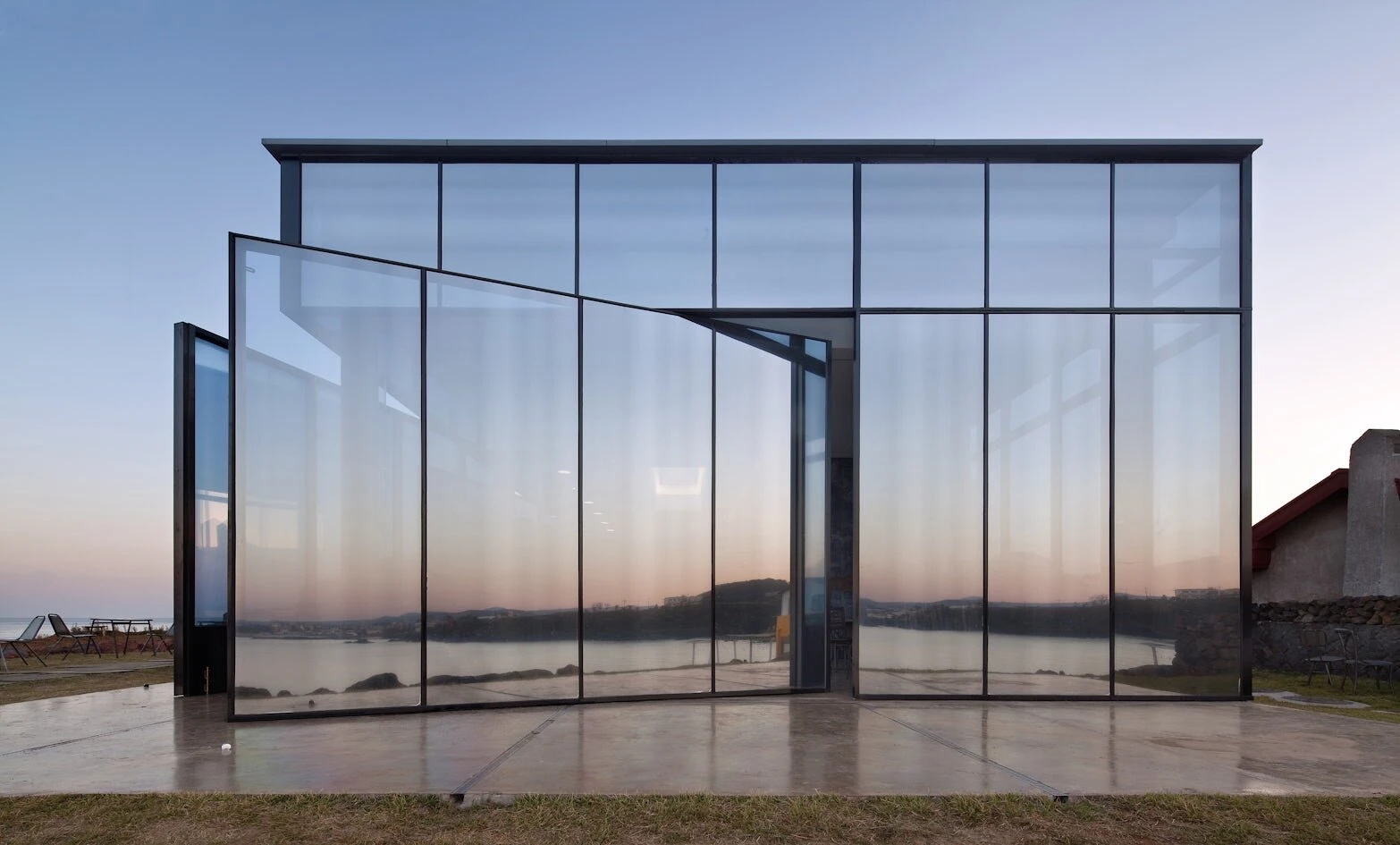

The Versatility and Importance of 5mm Float Glass
Float glass, a fundamental material in the construction and manufacturing sectors, has established itself as a staple for a wide range of applications. Among the various thicknesses available, 5mm float glass stands out for its unique combination of properties that make it ideal for various uses, from residential to commercial settings.
What is Float Glass?
Float glass is created through a process known as the float method, which involves pouring molten glass onto a bed of molten tin. This process results in a flat, smooth surface that is free from distortions and air bubbles. The thickness of 5mm is particularly popular due to its balance between strength and weight. It is neither too heavy nor too flimsy, making it manageable for handling and installation, while still providing adequate structural integrity.
Applications of 5mm Float Glass
One of the most common uses for 5mm float glass is in residential windows. Its translucency allows for ample natural light while providing a measure of thermal insulation. It helps maintain indoor temperatures, reducing the need for excessive heating or cooling, which can lower energy costs. Furthermore, the glass can be treated or coated to enhance its energy efficiency, further contributing to sustainability efforts in modern building design.
In addition to windows, 5mm float glass is widely used in interior design. It can be transformed into glass partitions, shower enclosures, and table tops. The sleek and modern appearance of float glass contributes to aesthetic appeal while allowing for easy maintenance and cleaning. Its clarity and smoothness make it a favorable choice in contemporary interior spaces, where light and transparency are vital elements.

Commercial applications also benefit from 5mm float glass
. Many storefronts and office buildings utilize large glass facades to create an inviting atmosphere. The ability to allow natural light into commercial spaces not only enhances the work environment but also has been shown to improve productivity and customer experience.Strengths and Treatments
While 5mm float glass is durable for many applications, its strength can be further enhanced through different treatments. Tempering the glass makes it significantly tougher and less prone to breakage. Laminated glass, which consists of multiple layers, can also add an extra level of safety and sound reduction, making it ideal for high-traffic areas or urban environments. These enhancements allow for a versatility that meets varied design and safety requirements.
Environmental Considerations
As environmental concerns continue to shape building practices, the role of glass in energy-efficient designs is more important than ever. 5mm float glass can be manufactured with eco-friendly practices, further making it a sustainable choice for new constructions. Recyclability is another critical factor; at the end of its life cycle, float glass can be recycled without losing its quality, thus reducing waste and minimizing the environmental footprint of buildings.
Conclusion
In conclusion, 5mm float glass is a versatile and essential material with broad applications across residential, commercial, and interior design. Its balance of strength, clarity, and adaptability makes it a preferred choice for architects and builders alike. As technology advances and sustainable practices become more critical, the relevance of float glass, particularly in this thickness, is set to grow, allowing it to play a crucial role in the future of construction and design. With its ability to meld aesthetic appeal and practical functionality, 5mm float glass is undoubtedly a cornerstone in the world of modern architecture.